Share your Story
We are excited to have commenced production and so we're putting a CALL OUT for anyone who has an experience or story to tell.
Help us fight for the future of our children and the regeneration of our country.
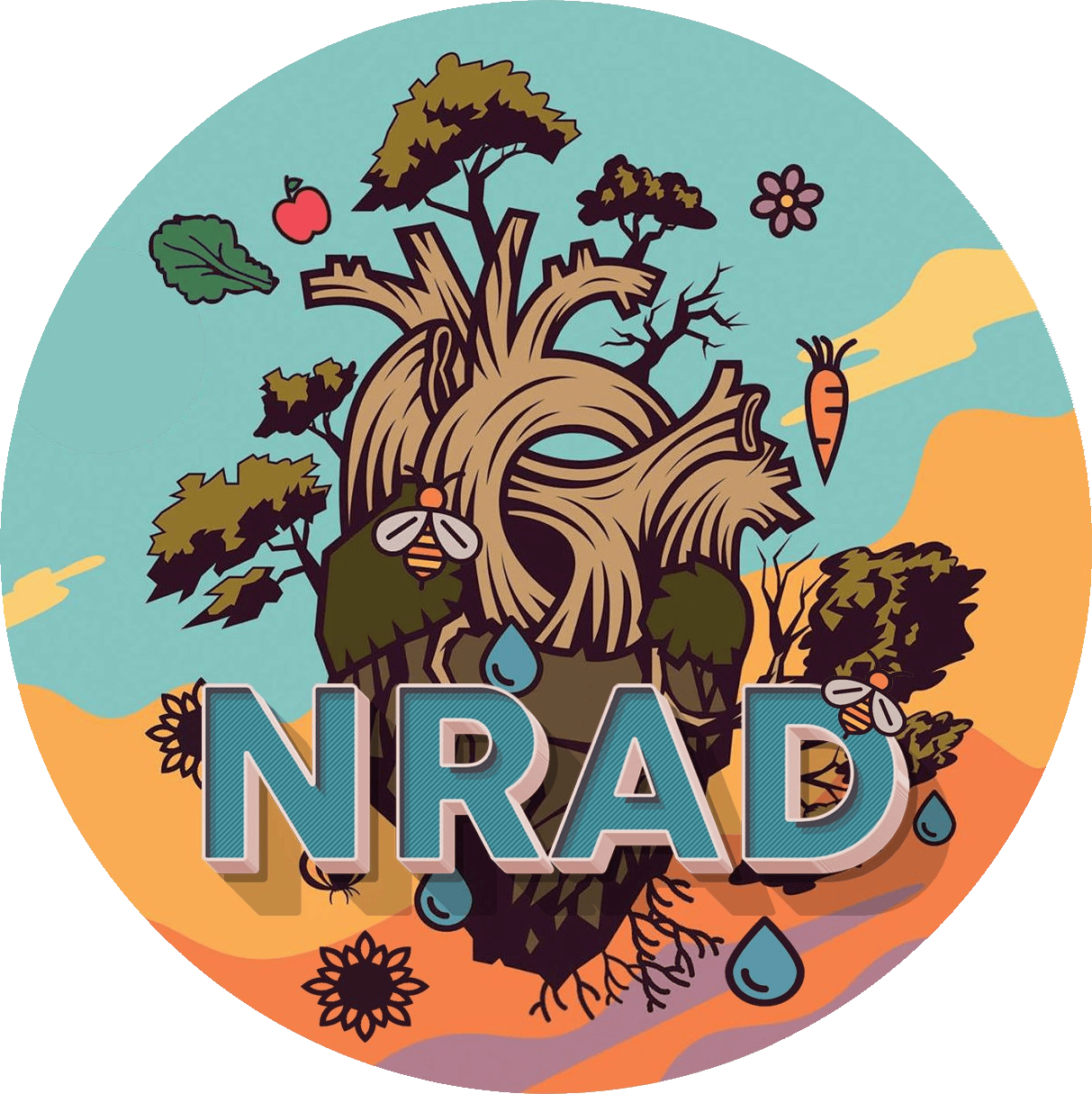
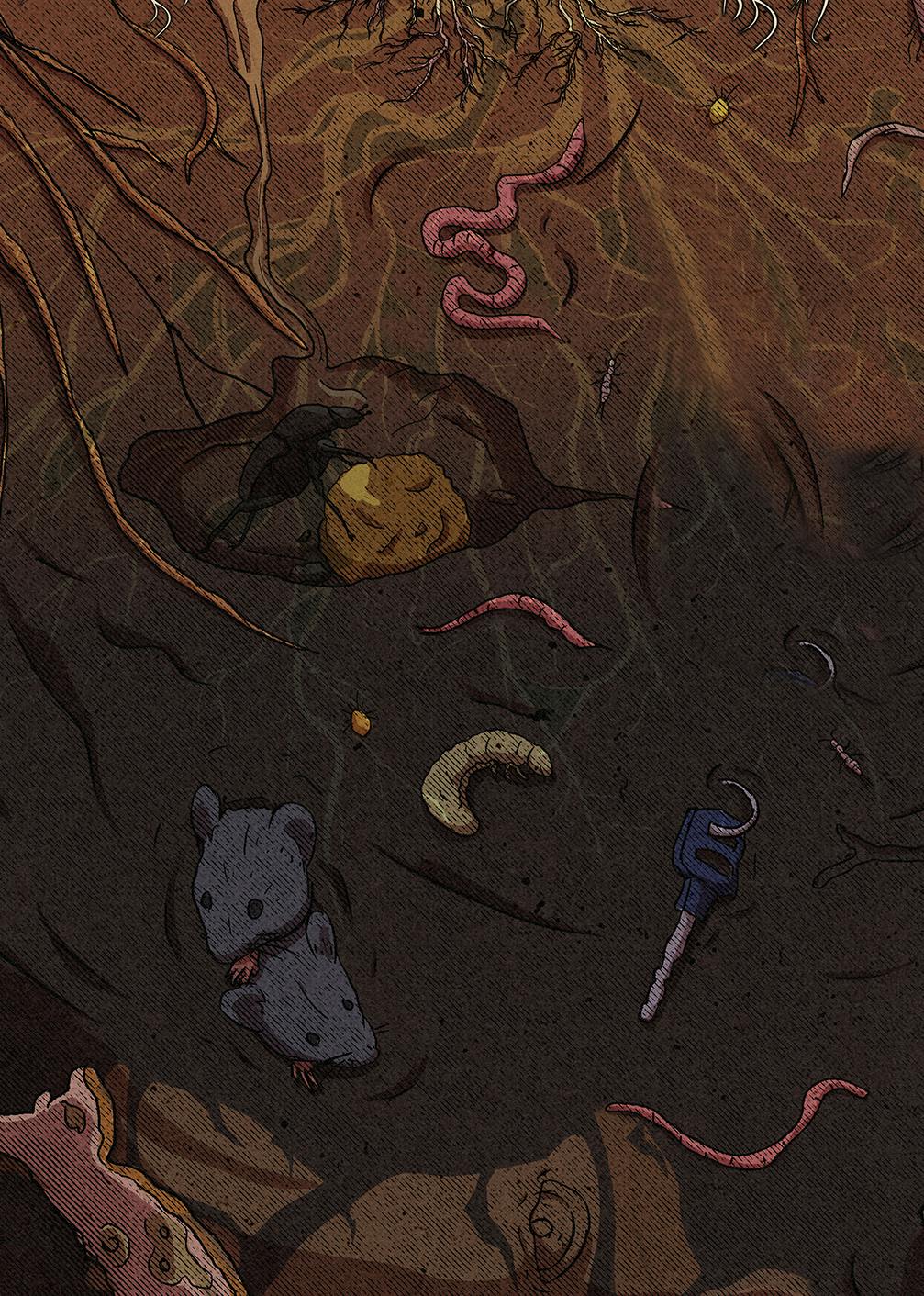
The National Regenerative Agriculture Day (NRAD) is a celebration of Regenerative Agriculture and it is our mission to heal the heart of the food-chain. NRAD is an initiative by Social Impact Organisation Carbon8.
NRAD exposes the #SERIOUSDIRT on the chemicals used in our food-chain and shares personal stories of people directly affected by these commonly used chemicals regarded as ‘normal’ in industrial food production systems.

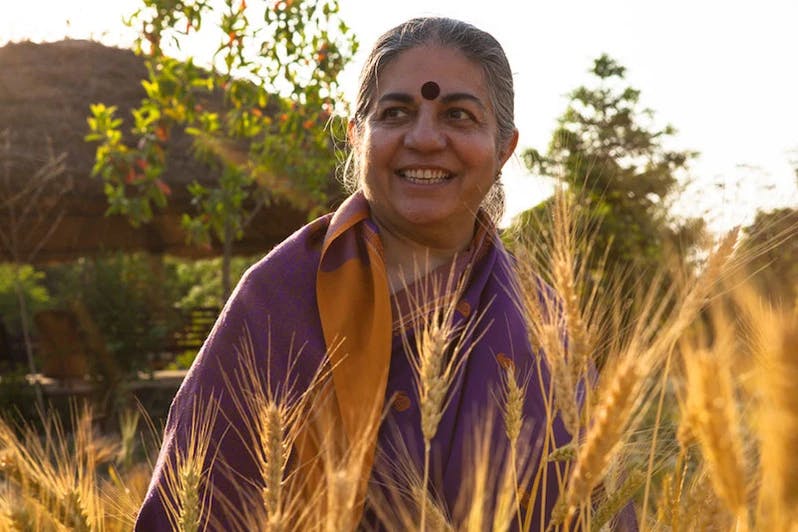


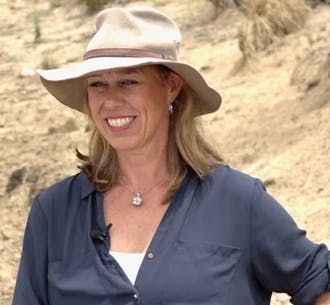

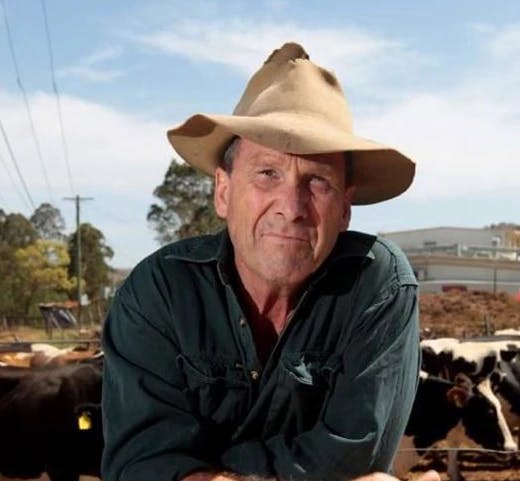
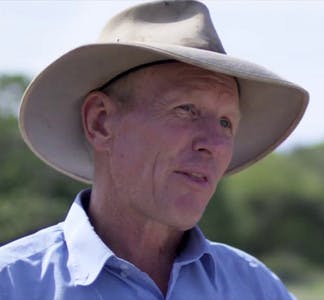

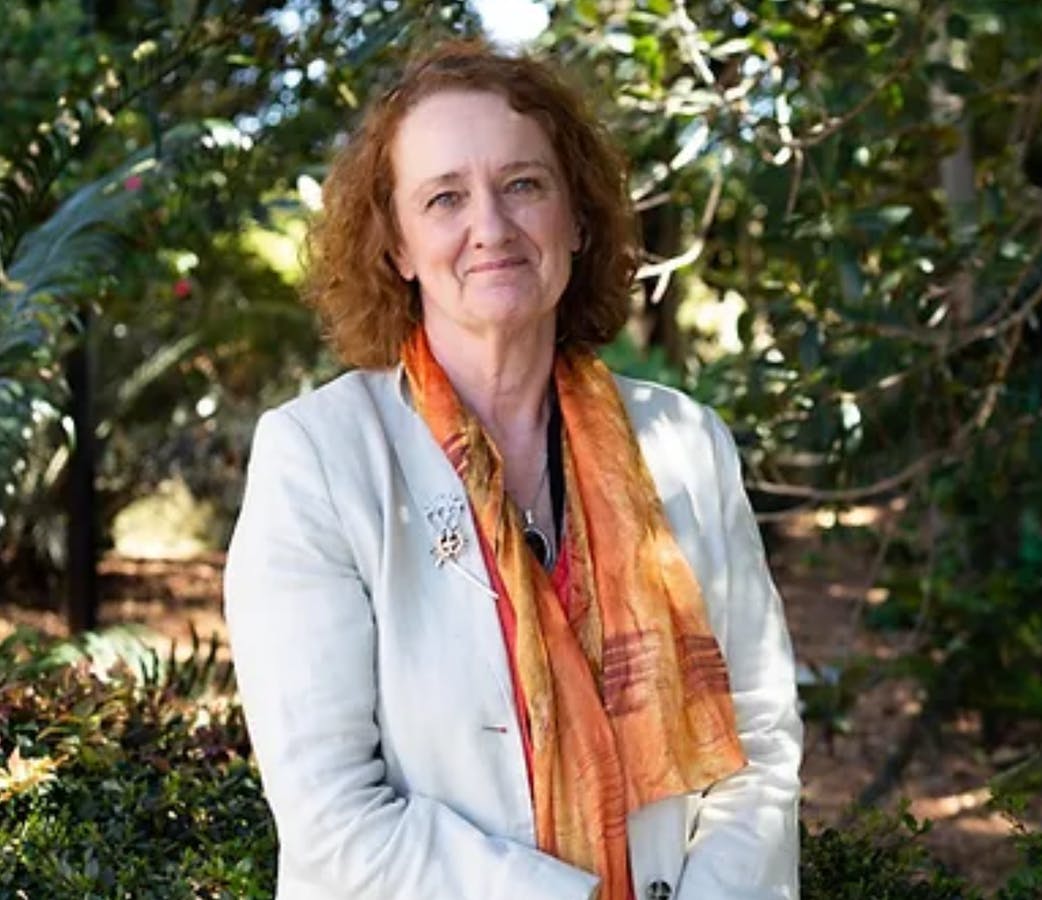
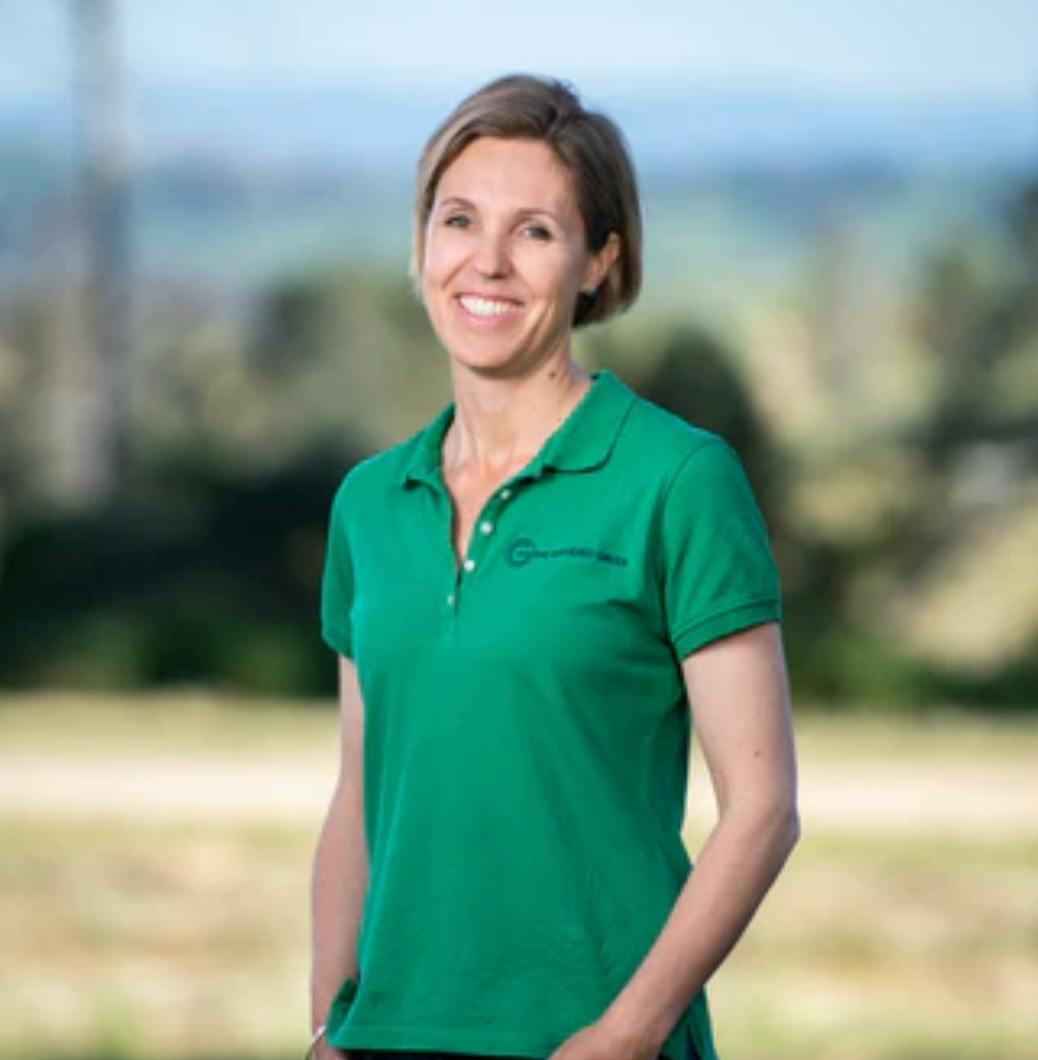
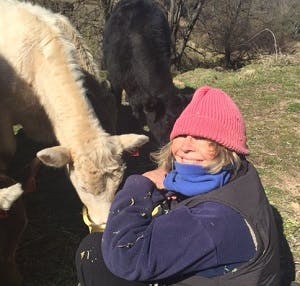
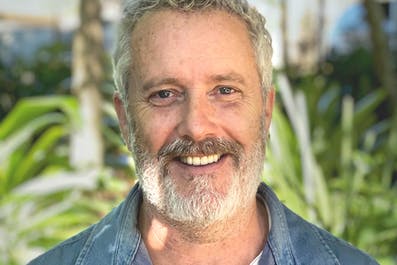
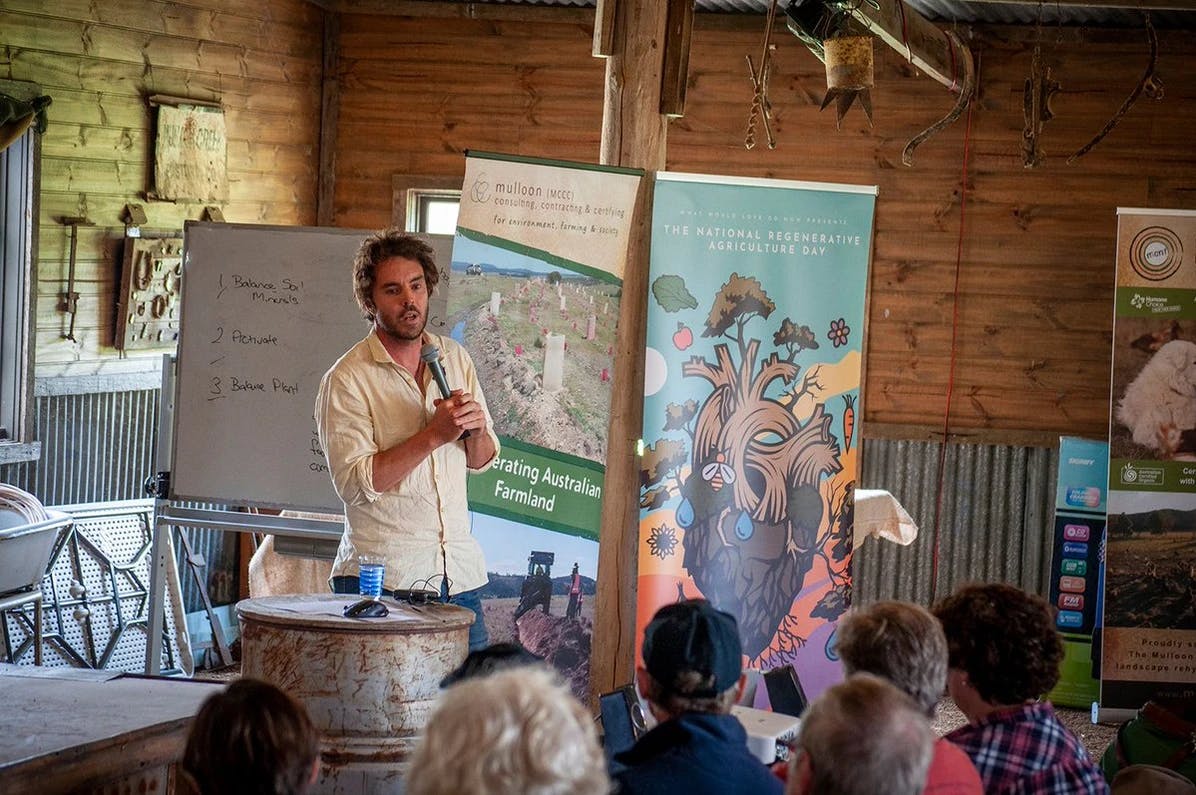
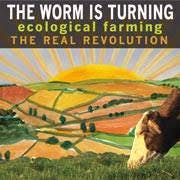
"a film that connects the dots on global food issues"
THE WORM IS TURNING tells the story of how corporate agribusiness is taking over the world's food production in the name of 'efficiency' and 'feeding a starving world' - while actually destroying economies, people's health, and the ecology of the world.
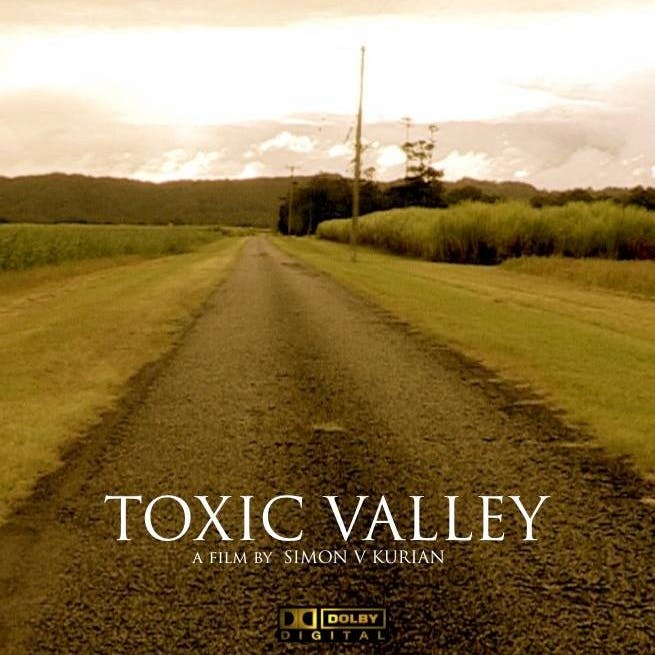
"The government turns a blind eye, allowing the influential factory owners to violate all regulations"
From India to Australia Toxic Valley explores the environmental, personal and corporate impacts that define the use and management of agrochemicals worldwide. In telling the stories of victims of pesticide poisoning and farming communities the film explores the politics of agrochemical dependency.
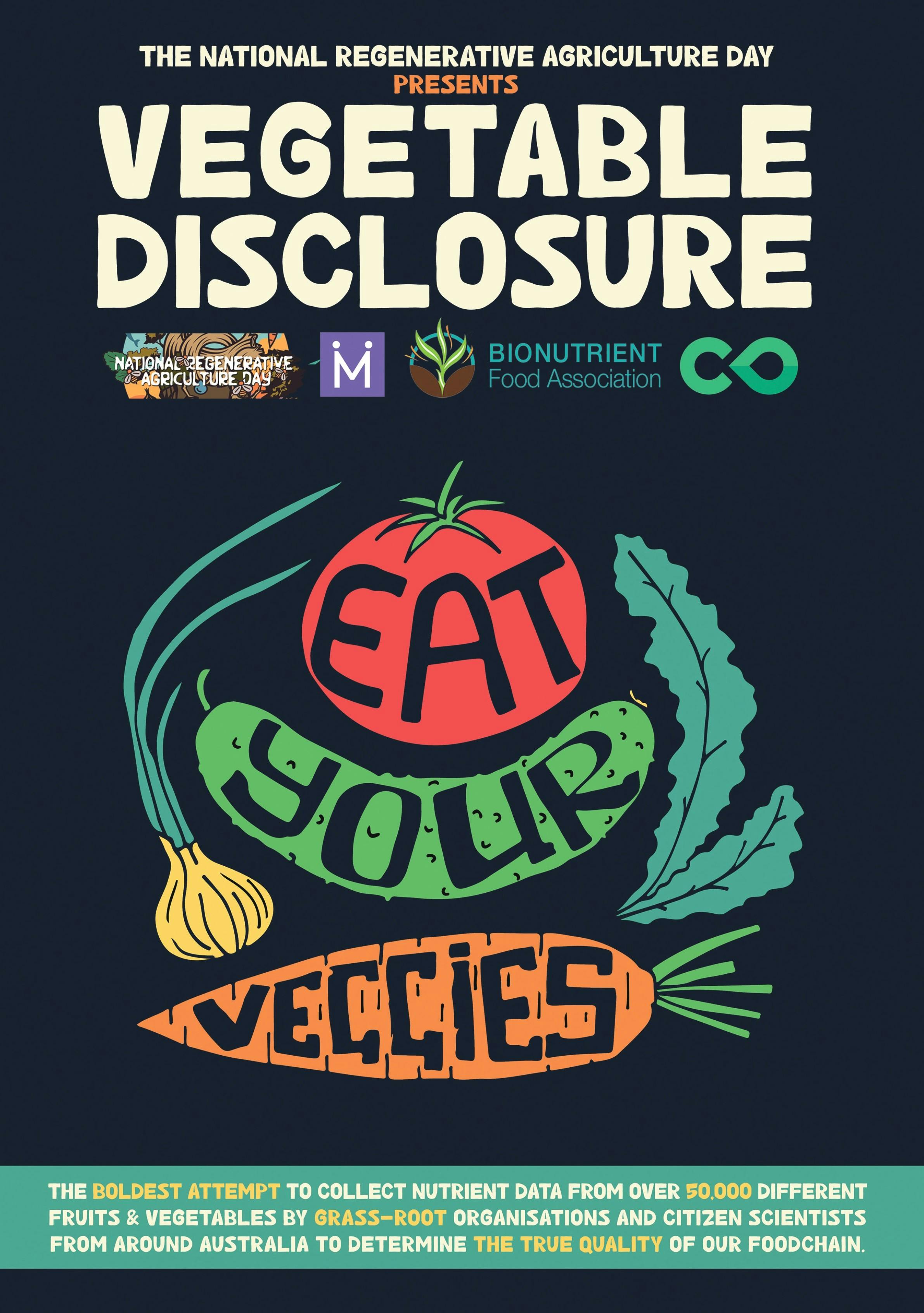
Vegetable Disclosure will be a hard-hitting, uncensored documentary that embarks on an unprecedented journey to expose the deep-rooted corruption and toxicity plaguing our global food system.
We know there is a hidden agenda behind the corruption of our food chain, and we intend to unravel it. Through an Australian-centric lens, we will uncover how agricultural toxins, regulatory complacency, and corporate agendas are designed to protect the poison, not the ones being poisoned at every step.
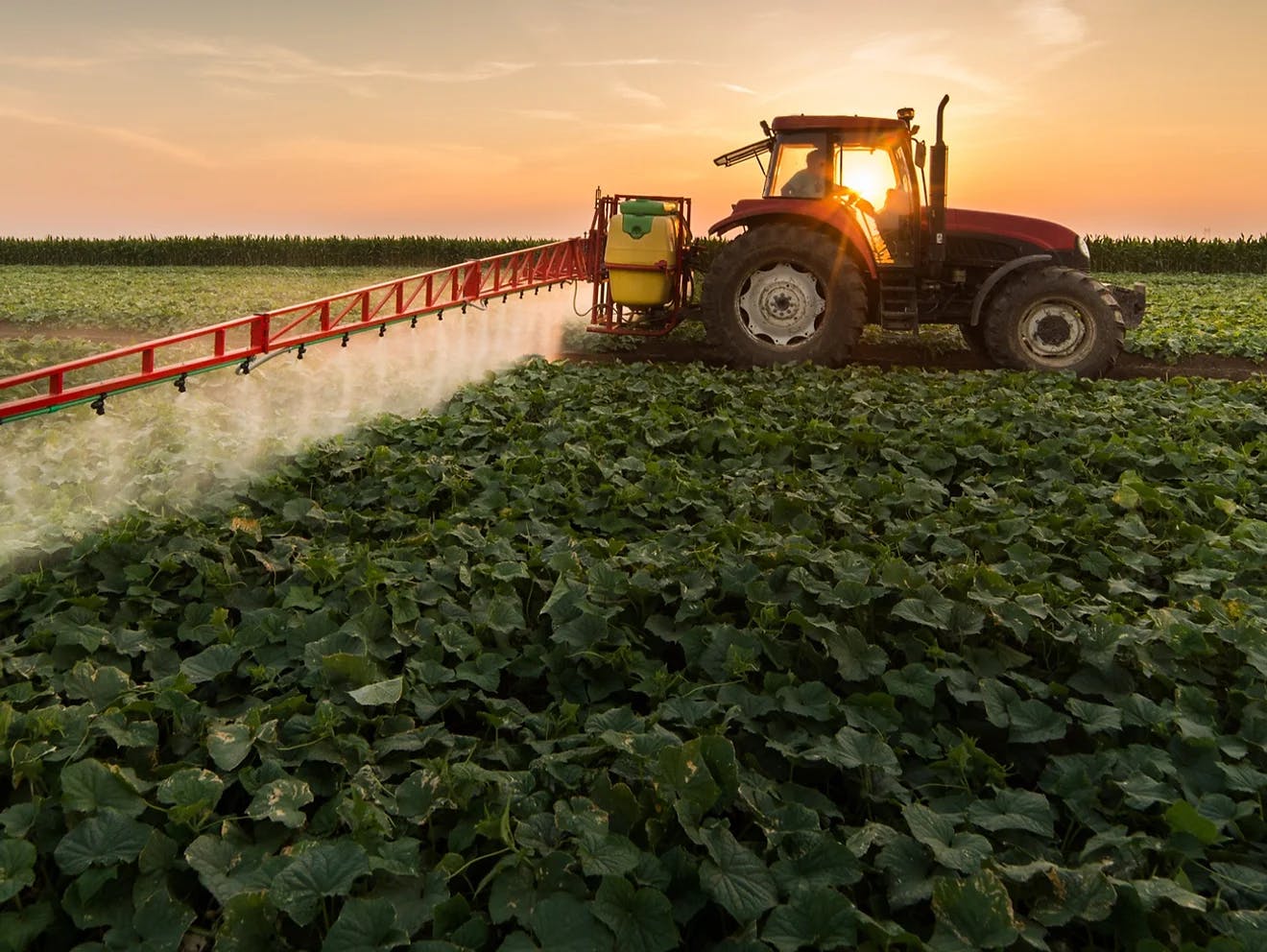
In Australia, more than 144 agricultural chemicals banned in the EU and the USA, are currently in use. The government continues to support a model of industrial scale farming which is reliant on pesticides, herbicides and toxic chemicals all of which end up in the food chain. This has meant that much of the food we grow (particularly fruit and vegetables but also meat, dairy and cereals such as wheat) contains residues of multiple pesticides and the number of different chemicals being used is rising.
These inadequately (if at all) tested poisons have contaminated much of our soil and water and devastated ecological systems.
Years of research and evidence link these poisons to many chronic illnesses including cancers, Parkinson’s, asthma, depression, leaky-gut and innumerable, preventable auto-immune and non-communicable diseases. Everyone is constantly exposed to agricultural chemicals through what we eat, spraying on farms and by local councils in urban spaces. Could it be the most celebrated healthy diet of fruit and vegetables is now the most toxic diet for consumers?
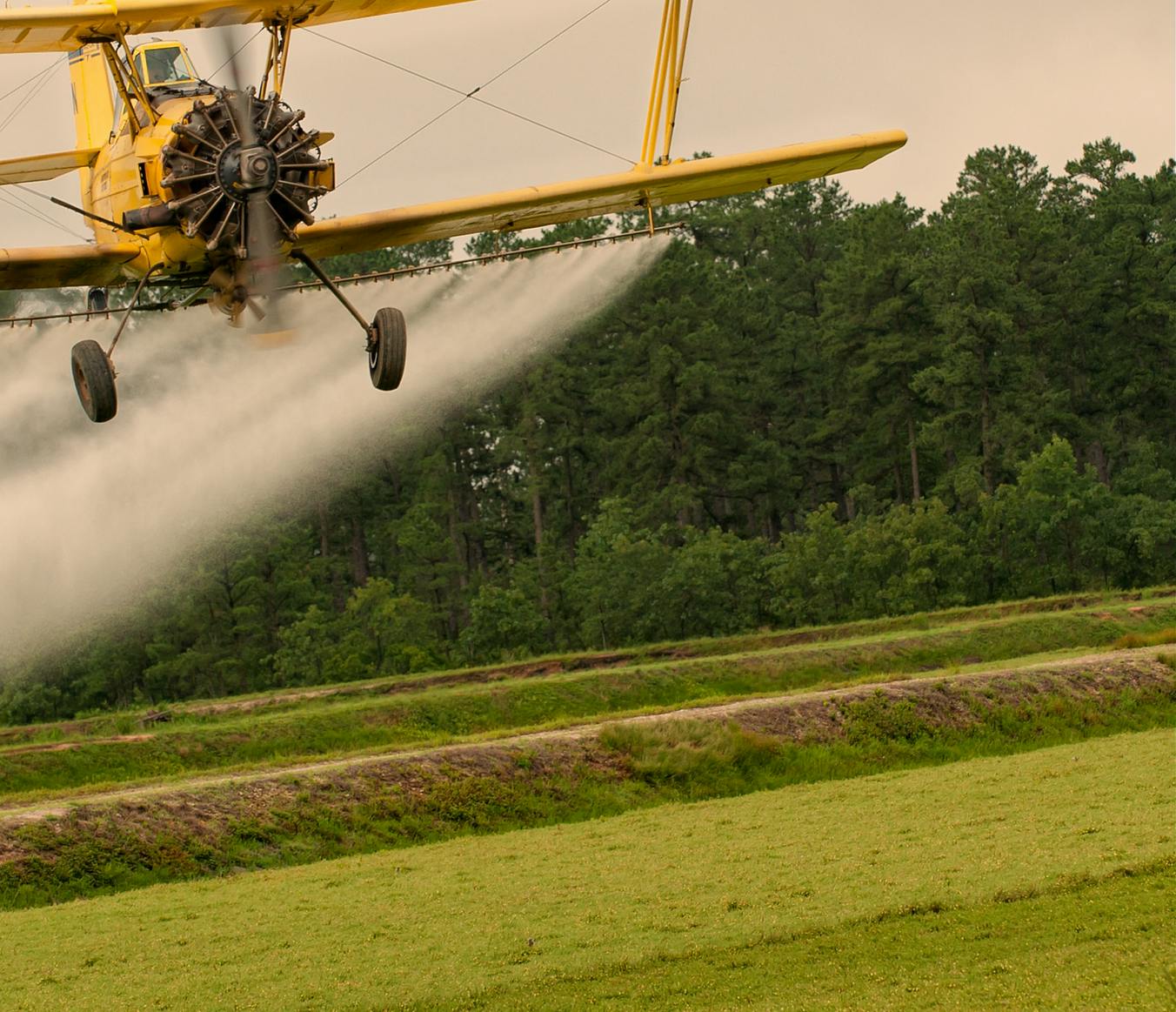

The Australian system has no set time period for reviewing pesticides approvals, meaning that they can remain in use indefinitely once authorised. As a result, pesticides that have been shown to cause harm can continue to be used for many years. More so while countries like the UK authorised just four organophosphate pesticides, Australia authorised thirty-three.
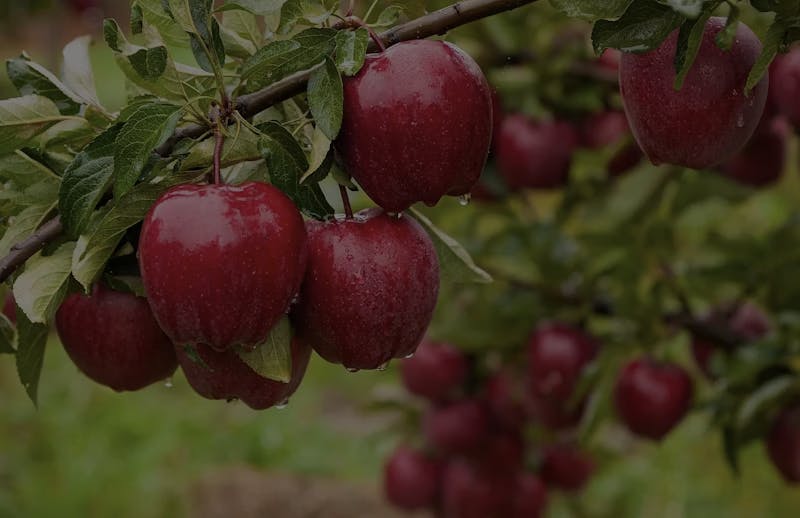
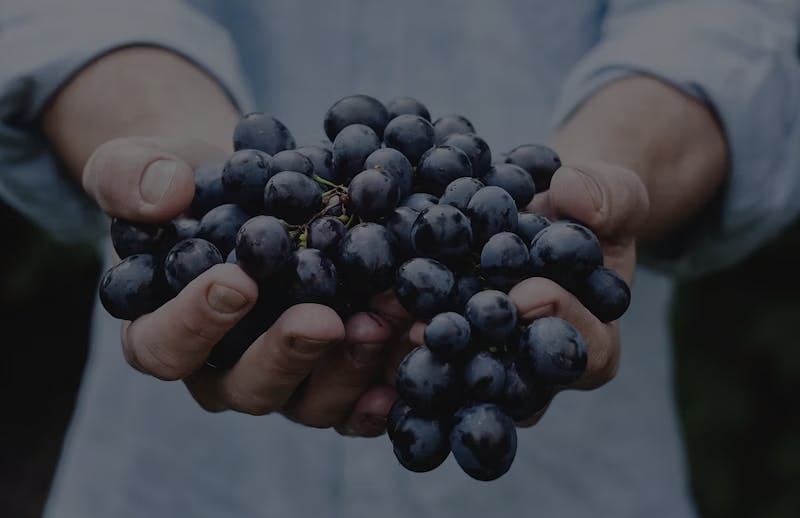
Zac Bush MD